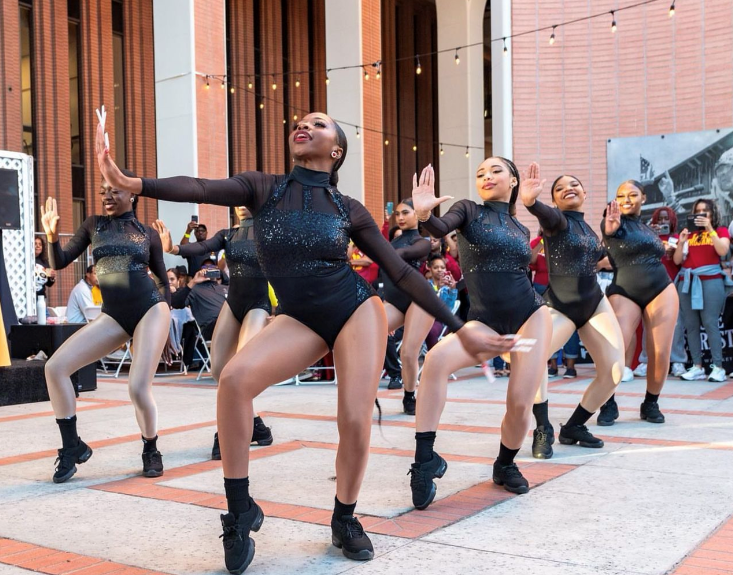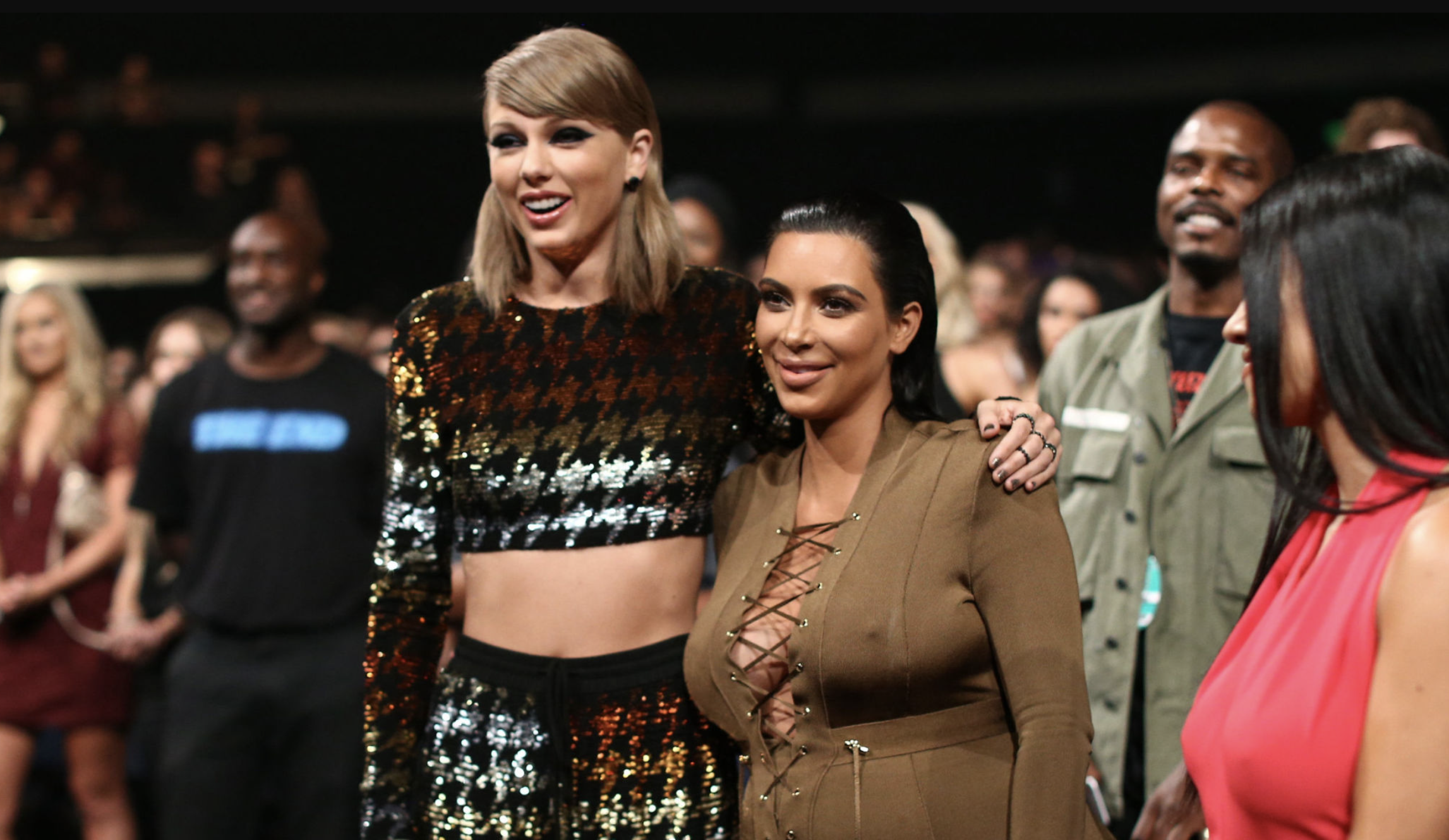We need to share Black culture — even if it makes us uncomfortable
by: LaToya A. Henry – owner and operator of LAH Strategies, a communications and public relations firm.
The famed historian Dr. Carter G. Woodson began Negro History Week, a celebration that has now blossomed into Black History Month, in 1926. During this month, we celebrate the achievements, accomplishments, contributions to and impact on society that African Americans have made, and continue to make, culturally, socially, politically, educationally and economically on society. To date, our history is still celebrating firsts and chronicling the progress we are making in these areas.
As is the case with history — and what is acknowledged and celebrated — some things can be controversial, and not met with a general acceptance. This isn’t new, nor is it just relegated to Black history. However, for African Americans and our achievements, there are sometimes unwritten rules that determine if a first, a milestone, or major accomplishment shall be uplifted.
Black traditions … white spaces
For instance, many African Americans don’t celebrate a particular U.S. Supreme Court Justice as a part of Black history. And … he is, but many of us stand deeply opposed to his interpretations of, and opinions about, laws that have a profound impact on African Americans.
The Black cultural landscape also has some areas that can be tricky to navigate, at best. One has only to look at the recent social media dialogue surrounding the establishment of an all-Black majorette dance team at the University of Southern California, a predominantly white institution (PWI). Many Historically Black Colleges and Universities (HBCUs) have notable and celebrated dance team, like Southern University’s The Fabulous Dancing Dolls and Howard University’s Ohh La La. These young ladies don’t twirl batons and wave team flags, but have crisp, distinctive, choreographed routines showcasing the artistry of dance, all while wearing fabulous outfits. At HBCUs with these dance teams, they are an integral part of the school’s halftime performance and sideline entertainment during their football games. The all-Black dance team at USC made its debut during a school football game, it was a first for that campus.
I thought it was awesome that these young ladies came together, created a space for themselves and showcased their talent. But for African Americans who are opposed to USC’s Black majorette dance team, it was just another example of something unique to Black culture that wasn’t necessarily mainstream being celebrated and highlighted because it was happening in a white space. We often feel a desire to be protective of our culture, and in some instances gate keep. That’s born out of our experiences — too often, our style, ideas, contributions and inventions have been stolen from us, not given full credit, whitewashed, or even worse, demeaned.
When ‘success’ means moving on
As heated as the conversations were around USC’s Black majorette team, they pale in comparison to the firestorm surrounding NFL Hall of Famer Deion Sanders, who left his position as football coach of the Jackson State University Tigers (an HBCU and member of the Football Championship Subdivision) to become head coach of the Colorado Buffaloes (a Power 5 program and member of the Football Bowl Subdivision). According to the Associated Press, Colorado’s hiring of Sanders makes “14 Black coaches at 133 FBS teams.”

PROVIDED BY LATOYA A. HENRY
It’s not a secret that there are few Black head coaches at the collegiate and professional level. In a recent interview on “60 Minutes,” Sanders was not shy about indicating that if a Power 5 program pursued him for a coaching job, he would listen to the offer.
This was juxtaposed against the promises Sanders made three years ago when first hired by Jackson State, when he said that he would change the perception of playing at an HBCU. Sanders made it known he would pursue high-ranked recruits to attend and play for Jackson State under his leadership. Sanders’ words and promises sought to shake up college football recruiting and have HBCU athletics not viewed as an afterthought, but a first choice. These pomises led many to believe Sanders would be at the HBCU for years to come, especially when the No. 1 football recruit in the 2022 class committed to Jackson State.
Nonetheless, after three years at Jackson State, Sanders left, accepting the offer from Colorado. Looking at the landscape for Black coaches on the collegiate level at Power 5 programs, Sanders’ hiring at Colorado (remember, Sanders makes just 14 coaches working at that level) can be viewed as progress, albeit small and incremental, but still progress. For some, his hiring is fraught with angst, anger and the gnawing feeling of a Black institution being used as a stepping stone.



